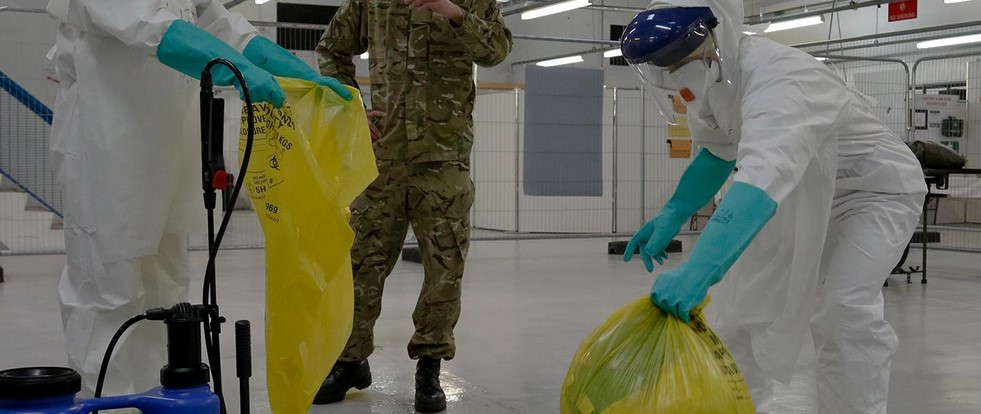
The highway sees tonnes of medical supplies and medical waste transported through it from one location to another. Thanks to the improvement and advanced skills acquired by experts in medical waste disposal services, medical waste is safely disposed of. Just as the disposal of medical waste is strictly regulated, there are guidelines and restrictions for transporting medical supplies and waste. To protect the medical supplies and waste from accidents, these items are placed in a special container for additional protection. The state regulates medical waste disposal services and the Department of Transportation also regulates this sector as well, especially transportation.
Transporting Medical Supplies: Guidelines to Follow
Medical supplies are kept in temperature-controlled containers. This is because its contents are for the most part temperature sensitive. The vehicle comes equipped with some special features peculiar to the medical supplies transport. A fine example of this feature usually includes refrigeration. To prevent damage, medical supplies are always stored safely and securely before leaving the manufacturing facility to its destination for transportation by road. Once the supplies are safely secured, workers will also take precautions when unloading them to prevent injury to sell and damage to the medical equipment and instrument. The same is true for medical waste disposal. Upon arrival at the disposal facility, unloading the waste will be handled carefully.
Blood, vaccines, and specimens fall under the category of medical supplies and are subject to either state or federal regulations or both. Those who handle both the supply and disposal of medical supplies and medical waste are usually subjected to thorough training on how to handle medical supplies, and deal with bloodborne pathogens. Whatever the case, their practice must conform to the rules and regulations guiding this industry.
Transporting Medical Waste: Regulations to Abide By
The Department of Transportation has a set of rules and regulations that every shipper responsible for packaging and transporting hazardous waste and infectious substances must abide by. To avoid being penalized by the regulating authorities, it is expedient that companies train their staff on ways to package and transport medical waste properly. They also should have the right certification to back up their experience. Packaging guidelines involve using containers that can withstand fall and break, and using inner packaging when appropriate.
Medical facilities should check with their local agencies to have a perfect understanding of the different rules that apply to the transport and disposal of medical waste. Other bodies that set guidelines and rules include the United States Environmental Protection Agency and the Council of State Governments. It is therefore important that you have a waste management plan which involves separating medical waste from regular trash and ensuring that you get the right vehicle properly equipped to transport the items to the appropriate facility.
Considering the different set of rules that companies must comply with, they’d rather outsource the job to medical waste disposal services. With advanced tools, well-equipped vehicles, and properly trained employees, they are the perfect fit for this job.






















+ There are no comments
Add yours